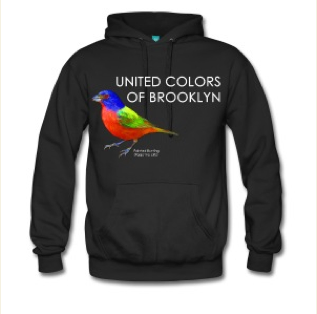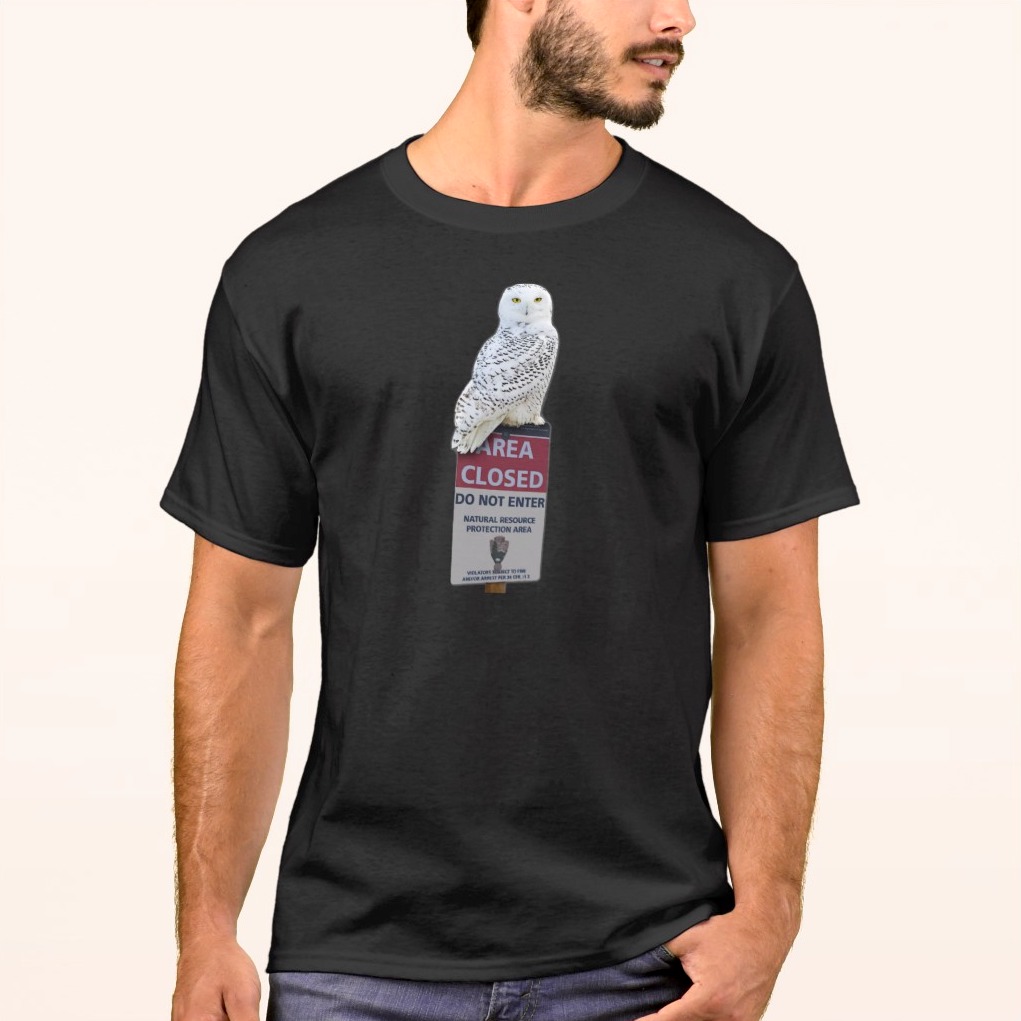Treehugger Tuesday
From USA Today:
Whole Foods to stop sale of unsustainable seafood
ALBANY, N.Y. (AP) – Whole Foods Market said Friday that it will stop selling fish caught from depleted waters or through ecologically damaging methods, a move that comes as supermarkets nationwide try to make their seafood selections more sustainable.
Starting Earth Day, April 22, the natural and organic supermarket chain will no longer carry wild-caught seafood that is "red-rated," a color code that indicates it is either overfished or caught in a way that harms other species. The ratings are determined by the Blue Ocean Institute, an advocacy group, and the Monterey Bay Aquarium in California.
Among the seafood disappearing from Whole Foods shelves will be octopus, gray sole, skate, Atlantic halibut and Atlantic cod caught by trawls, which can destroy habitats. The company will stock sustainable replacements like cod caught on lines and halibut from the Pacific.
"In the long term, what we're really looking to do is help reverse trends of overfishing and bi-catch, so that really we can move the industry as a whole toward greater sustainability," said seafood quality standards coordinator Carrie Brownstein. She added that Whole Foods is making the shift a year ahead of its internal deadline.
Retail prices could be higher in some cases in which sustainable suppliers have lower yields.
Whole Foods, which has been strengthening its buying practices for years, is among a number of supermarket chains responding as consumers become more concerned about the sources of their seafood.
In the past month, BJ's Wholesale Club announced a policy to ensure its seafood is sustainable or on track to meet sustainability standards by 2014, and Supervalu announced a comprehensive policy to ensure its farm-raised seafood is sustainable. Supervalu, which operates Albertsons, Shop 'n Save and seven other retail brands, also stopped selling six wild-caught species because of sustainability concerns.
The changes have come fast. In 2008, when Greenpeace first published its seafood sustainability scorecard of supermarkets, all 20 of the major chains surveyed failed. Last year, 15 of 20 companies had passing scores, said John Hocevar, the environmental group's oceans campaign director.
"It's pretty impressive to see that it was an issue that really wasn't on most of these companies' radar," Hocevar said, "and with encouragement from us and many others, they really did for the most part step up."
Greenpeace is among a number of private groups that certify or offer guidelines for seafood, meaning consumers sometimes must sort out multiple ratings.
For instance, some Whole Foods seafood will continue to feature labels from the Marine Stewardship Council, which maintains a widely used system that certifies seafood from sustainable fisheries. But Brownstein said the council doesn't assess every fishery, so Whole Foods relies on the color coding for seafood from fisheries not covered by the council. Whole Foods will now only sell green- and yellow-rated seafood, which is more sustainable.
Shrimp, salmon and other seafood grown on farms have yet another separate labeling system.
Hocevar said the profusion of ratings can confuse customers, which is why Greenpeace urges supermarkets to only sell sustainable products.










No comments:
Post a Comment